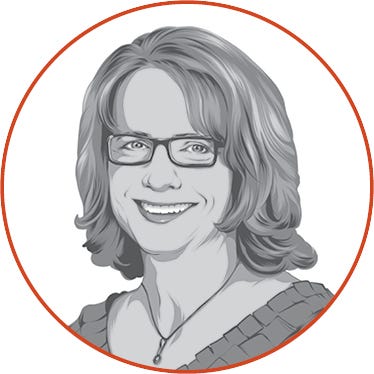
I have fair, freckled skin and have been plagued by sunburn my entire life. I am in constant fear of being burned and take steps to avoid it. So, I am fanatical about sunscreen—ask my family (although they usually ignore my pleas to reapply). I wear a broad brim hat working outside or hiking. I limit the beach or pool to an hour. Thus, I have a specific risk management strategy for sunburn.
What do you fear in your ag business? Market upheaval, safety accidents, disastrous weather—to name just a few? To manage those worries, your risk management strategy is to hedge your crop, hold safety trainings, and buy crop insurance.
What do you fear specifically about the family context of your business? I see farm families worry about the potential for conflict in the workplace (that distracts both family and non-family employees), being unable to maintain harmony in family relationships, lack of wise financial management skills, not enough knowledge to make good decisions after the parent is gone, and so forth.
So what is your risk management strategy for avoiding those concerns?
I contend your risk management strategy should be proactively investing in communication and governance.
Start with communication
Communication is the grease that keeps the wheels of the business turning without too many squeaks. Some degree of annoyance and conflict is likely in any family, and even more likely in families working together. Having the habits of regular communication and skill sets for healthy conflict is the risk management part. I’ll address these skills more specifically in future blogs.
Governance is a fancy way to say, “how decisions are made, by whom, and when.” And certainly adequate communication before, during, and after that decision-making is key. Governance structures may vary depending on your business’ situation. Here are a few considerations.
If there is near or total overlap between who owns the business and who manages it every day, your ongoing daily and monthly management meetings likely double as ownership decision-making. Make sure the management team is indeed coordinating together. And be intentional about putting on your specific ‘ownership hat’ at least once a year to review the big picture financials, debt, and long-term goals of your enterprise. Your priorities as owner may differ in some instances from your priorities as manager.
If that overlap of ownership and management is not the case, decide how to keep owners who don’t work there informed. And decide which decisions they will, or will not, have input into. This may be annual or twice annual ownership meetings and periodic updates; or, it may warrant an elected Board of Directors that provides all of ownership some oversight of the business. Also, consider how to keep other stakeholders that matter informed—for example, spouses or future owners in the next generation.
Some farms use an Advisory Board to bring other expertise beyond managers or owners into the decision-making. They value the skill set or different perspective outsiders can lend the business. On the same note, a fiduciary Board of Directors might also include independent members who are not owners or managers. I am helping several farms create an Advisory Board with intent that it is a stepping-stone to a Board of Directors that will govern when ownership is dispersed among generations and branches of the family.
Finding the right habit of communication and governance structure for your business is a process. Don’t get discouraged as you experiment. The important part is to invest because it’s just as important a part of your risk management strategy as hedging the crop.
In other words, find your sunscreen and apply it regularly!
Check out the first Family Farm Success blog for more information on Davon Cook.
Davon Cook is a family business consultant at K Coe Isom. Reach Davon at [email protected].
The opinions of the author are not necessarily those of Farm Futures or Farm Progress.
About the Author(s)
You May Also Like






